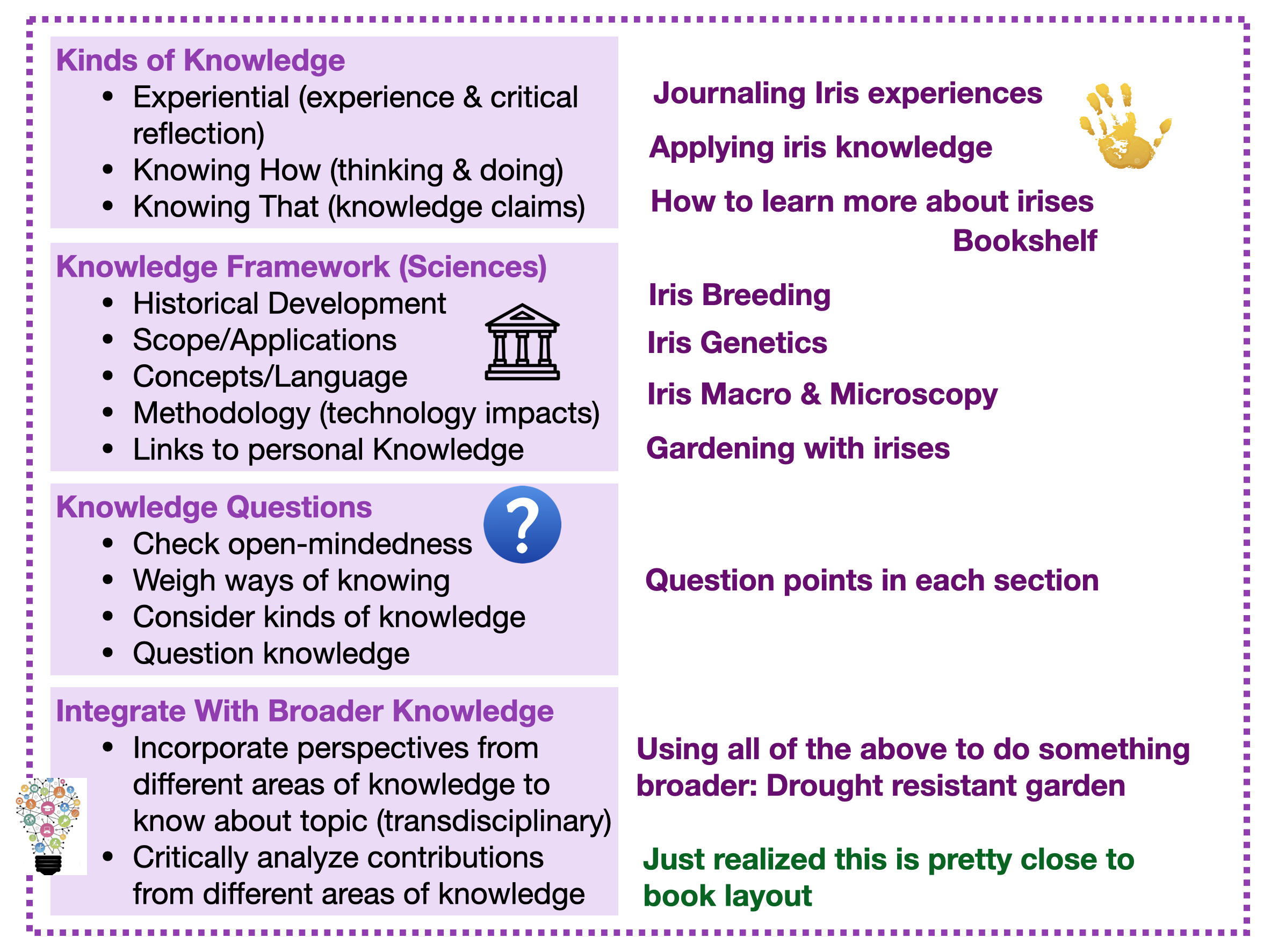2025 Exhibits
This year’s exhibits will include window displays, gallery shows, and online offerings with corresponding curricular materials.
Dendrites January 5 - 31, 2025
The next installment in the Patterns of Nature series, a wide-ranging view of branching patterns in nature. Includes a window display (129 Weniger Hall), lab activity, and downloadable field journal.
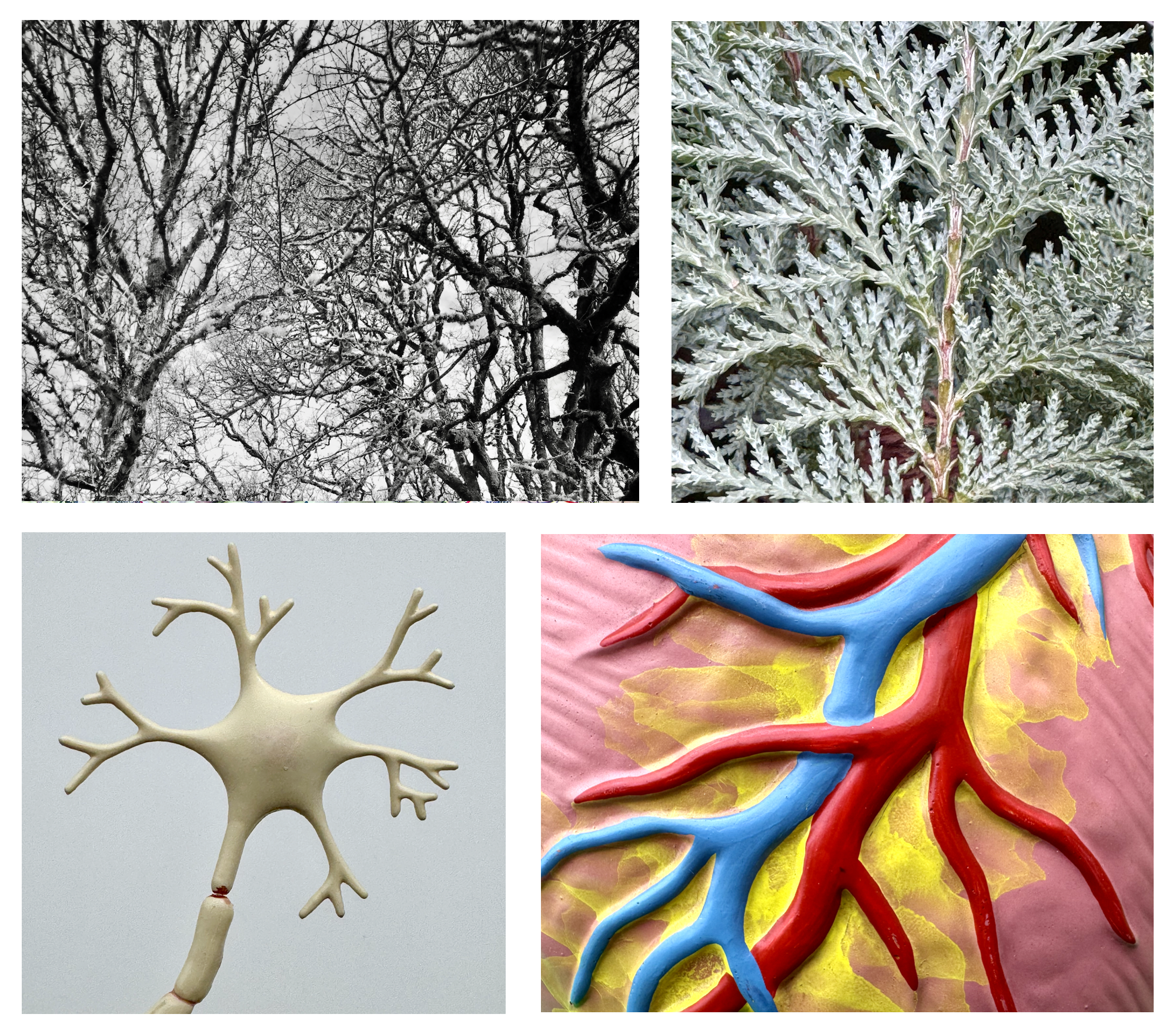
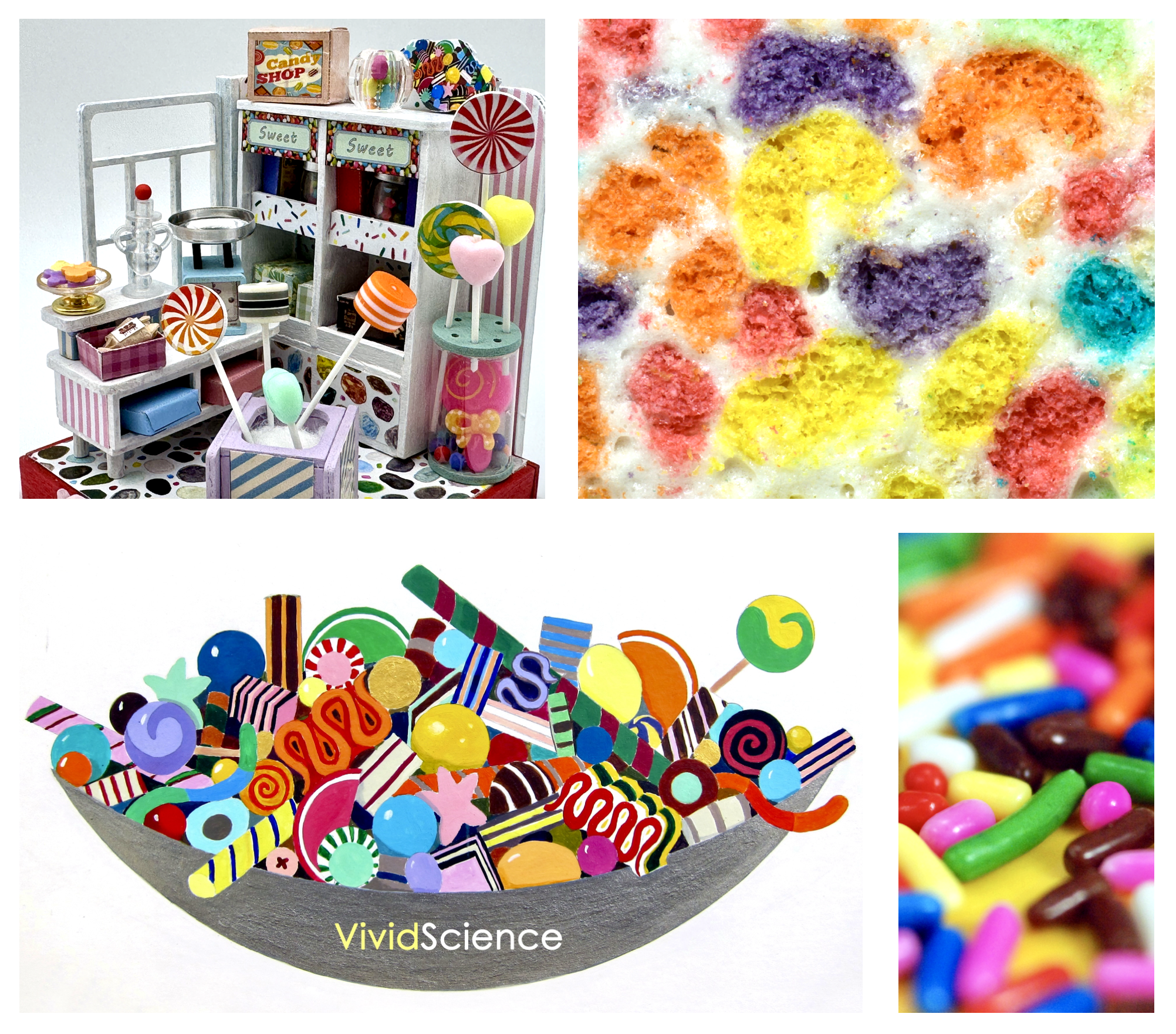
Candy Science January 5 - 31, 2025
Chase away any winter blues with this vibrant exhibit on candy science. Includes a window display (127 Weniger) and downloadable art journal with kitchen lab experiments.
Garnets January - February 2024
More than just a January birthstone, garnets are a diverse mineral group that intermingles with human culture and the natural world. Macro photography and photomicrography gallery show.
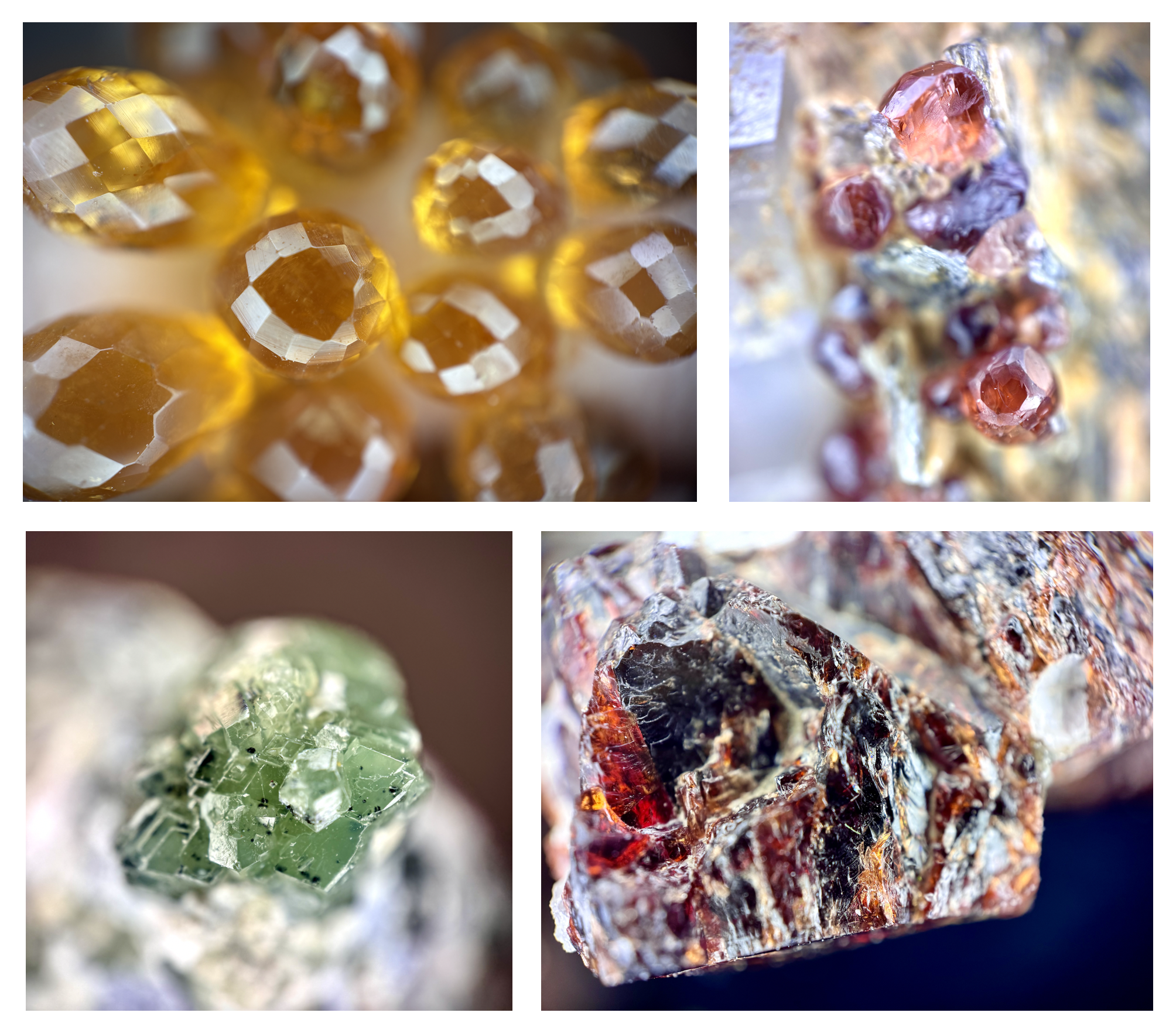

Valentines February 1 - 16, 2025
Celebrate Valentine’s Day (Friday, Feb. 14) with the science behind chocolate, roses, hearts, and more. Explore different forms of knowledge and ways to build new knowledge about these beloved things.
Additional Exhibits
Summer thru Fall 2025/ Planned art exhibits
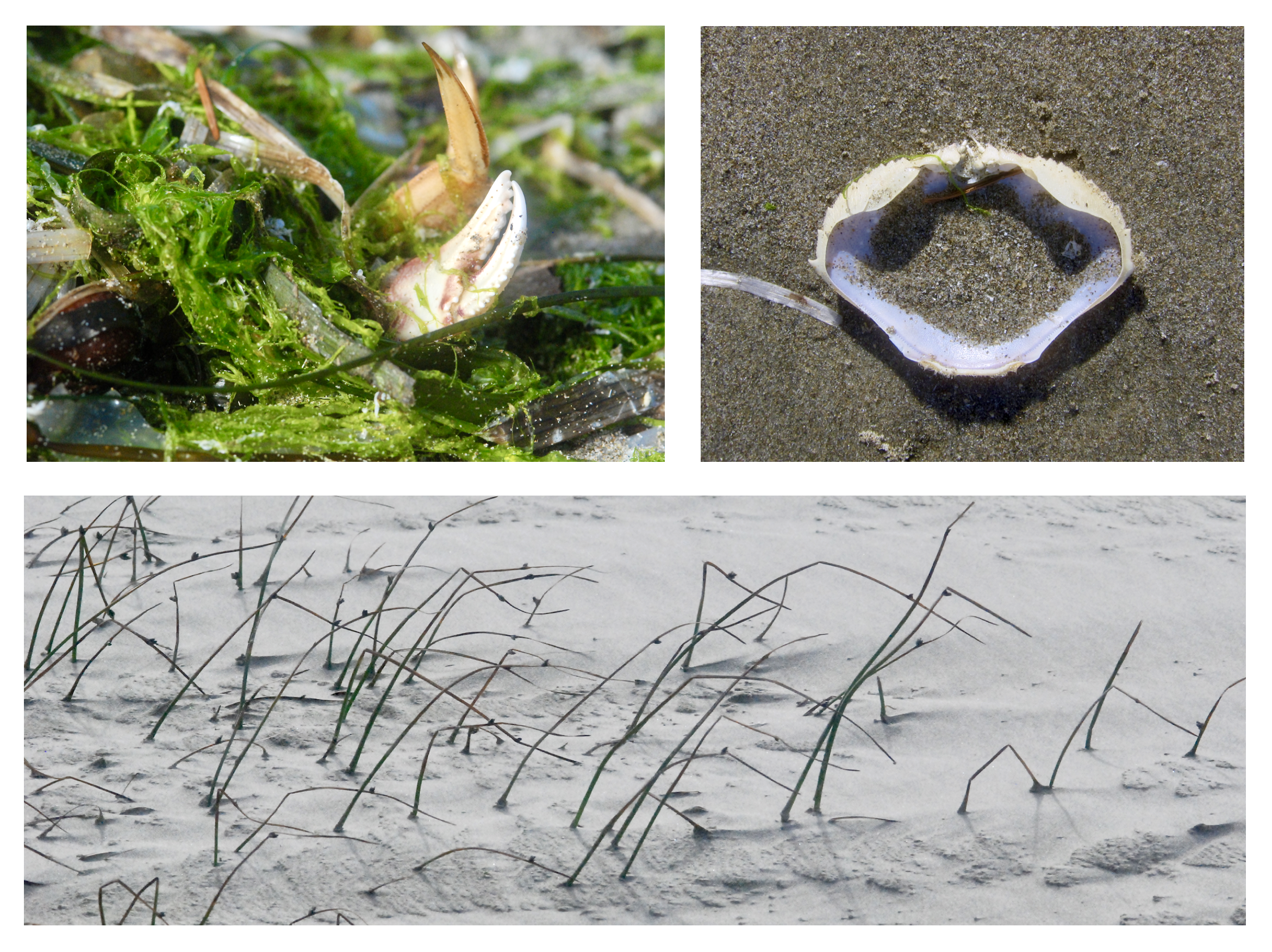
Beach Walk
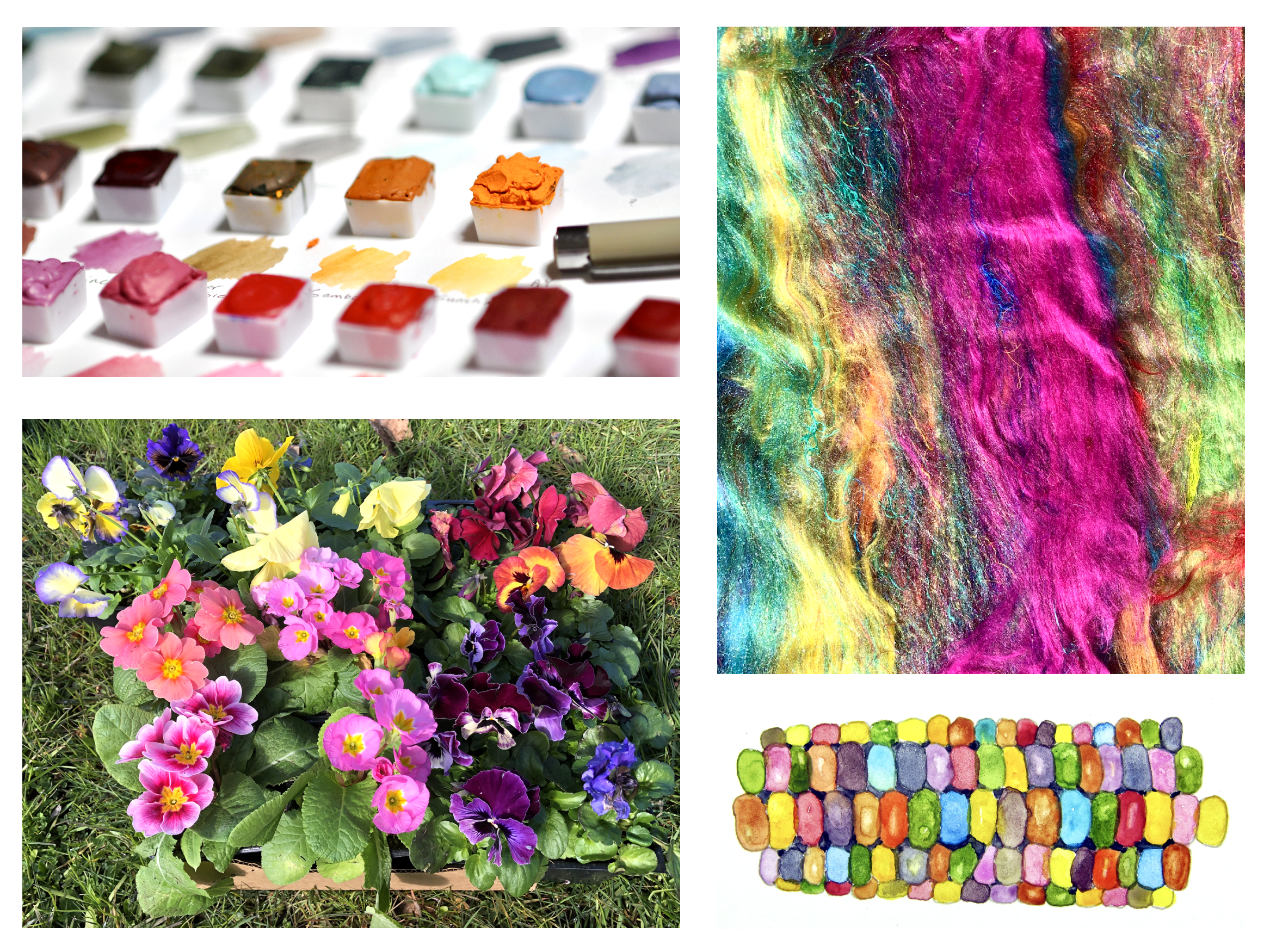
Color
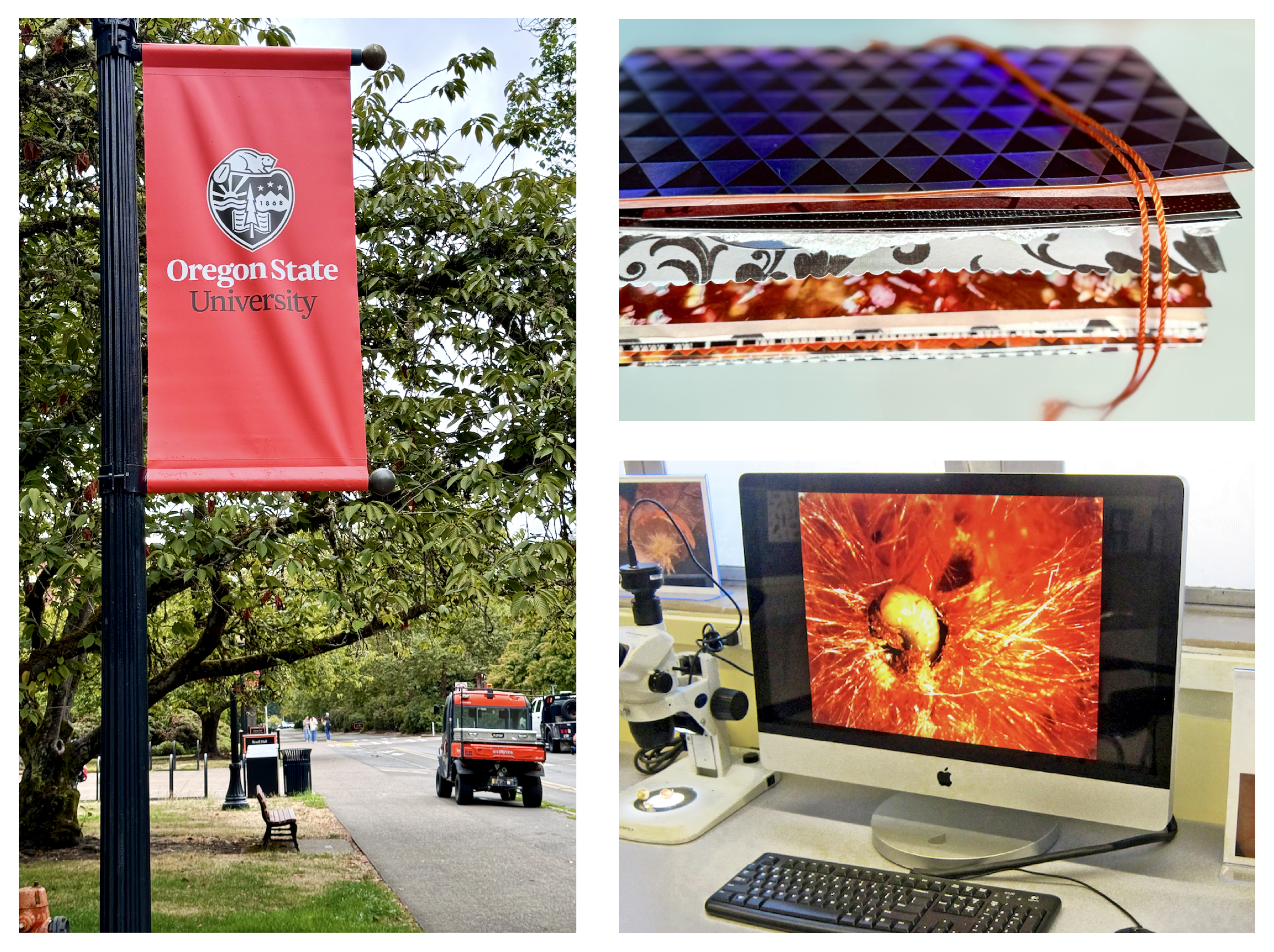
OSU Journal
Summer 2025 – Additional Iris Activities
Activity downloads free for teacher use will be available July 2025 – Irises are used as a theme to explore knowledge construction. Three hands-on activities specifically address ways of knowing iris, areas of knowledge about iris, and evaluating knowledge claims. Focus is placed on experiential knowledge “of” and “how” iris in addition to the traditional “that” awareness of characteristics. Art representations are used to challenge preconceptions about the weighting of sensory knowing and science knowledge in forming overall understandings.
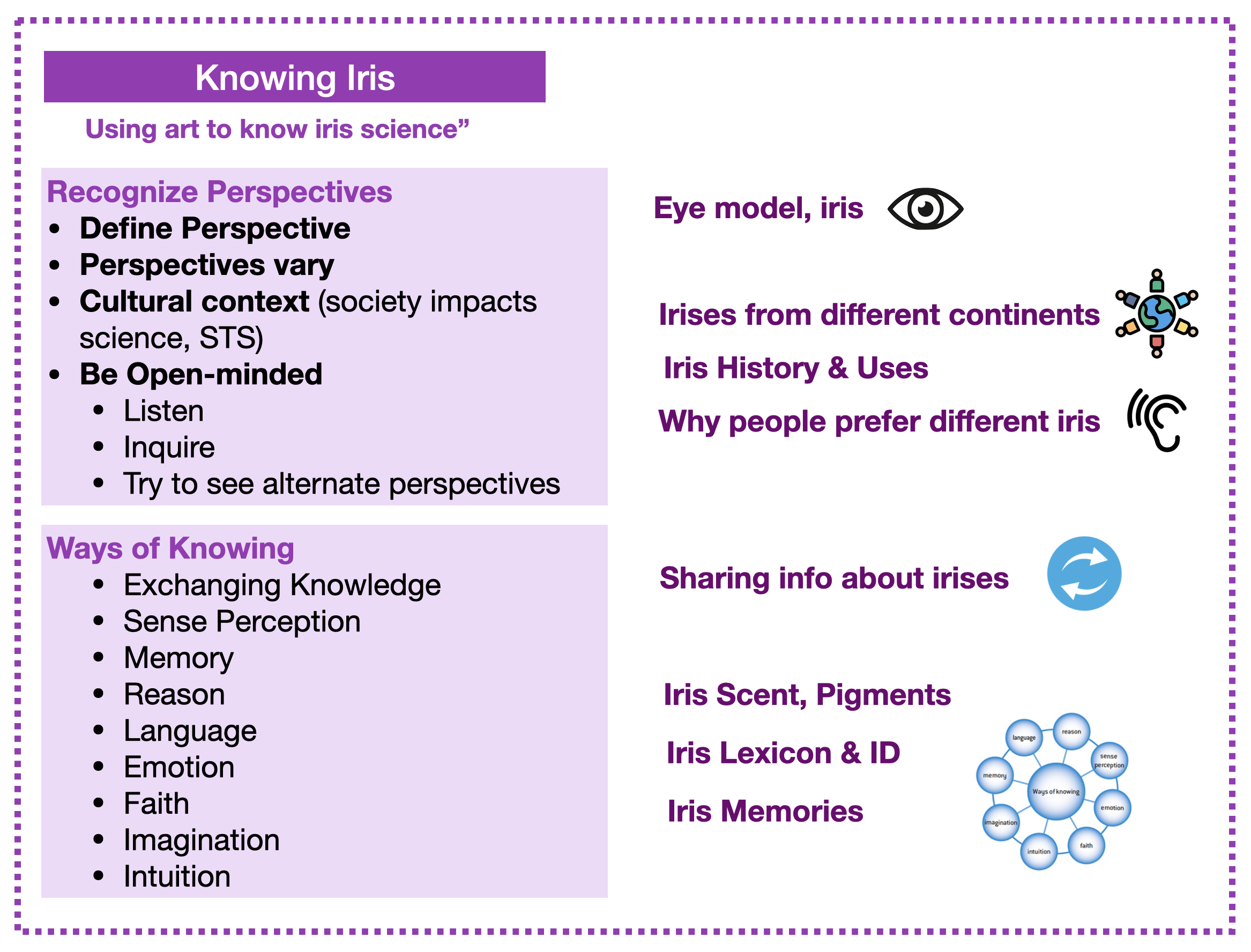
Knowing Iris
An epistemological approach to knowing begins with recognizing perspectives, including how human perspectives vary and our personal perspective is impacted by the world around us. We utilize a variety of ways of knowing to construct knowledge.
Deepening Knowledge
Experiential learning activities can build varied kinds of knowledge. These activities can be discipline-based or designed to integrate broader knowledge from both academic and non-academic fields. At all steps, knowledge questions invite critical review of knowledge and knowing.
